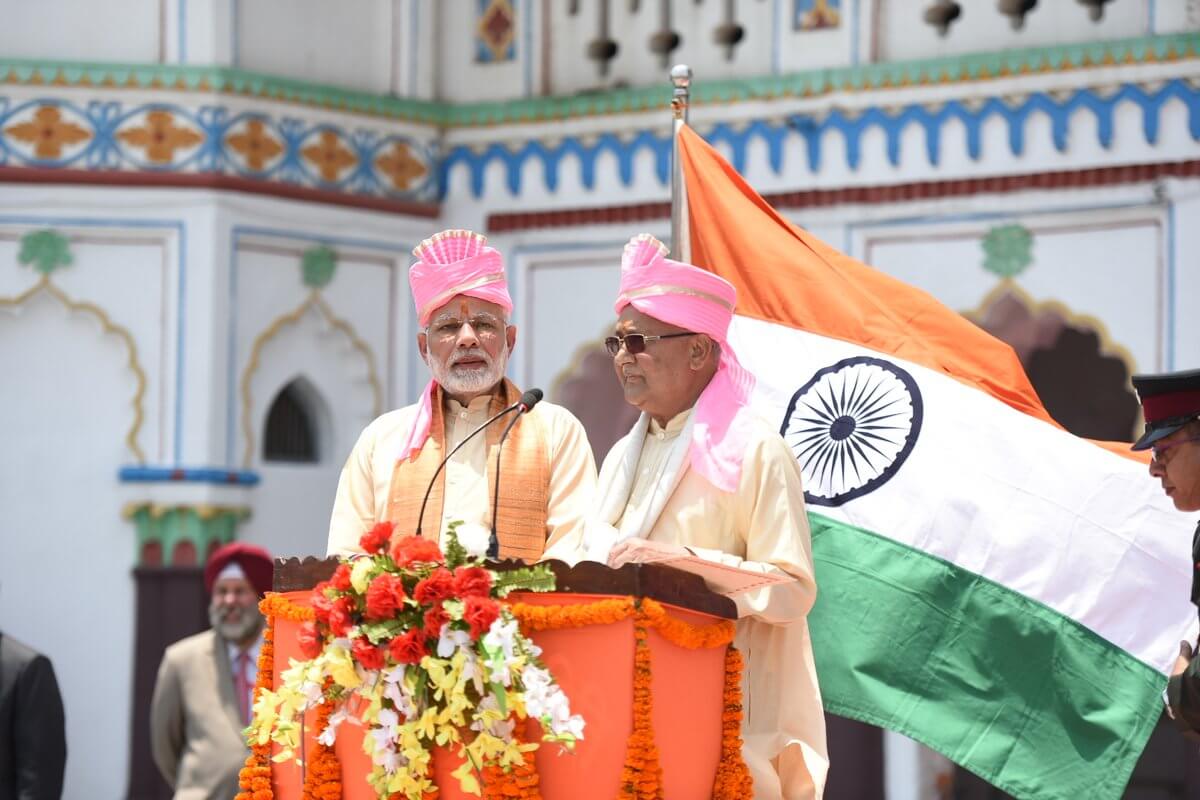Why India Won’t Roll Out the Red Carpet for Oli: The Inside Story

Nepal’s Prime Minister Khadga Prasad Sharma Oli, who assumed office for the fourth time on July 15, has been eagerly waiting for an invitation to visit India. Traditionally, Nepali Prime Ministers choose India as their first destination. However, despite repeated attempts, New Delhi has shown little interest in hosting Oli, citing multiple missteps during his past and current tenures.
Missed Opportunities and Failed Attempts
Oli was keen to visit India in August-September, but his office's overtures were met with silence. After failing to secure an invitation, he chose to visit China earlier this month and also attended the UN General Assembly in New York, where his meeting with Indian Prime Minister Narendra Modi was limited to a brief photo-op. Despite attempts by Nepal's Foreign Minister Arzu Rana Deuba and former Foreign Minister Pradeep Gyawali to secure an invitation during their respective visits to New Delhi, their efforts yielded no results.
Oli’s industries minister Damodar Bhandari also reached out to Indian officials, signaling Oli’s intent to improve ties. Yet, India has remained firm, refusing to host him.
Why New Delhi is Reluctant
The roots of India’s hesitation lie in Oli’s controversial actions during his previous term (2018–2021). Oli unilaterally claimed a disputed 335-square-kilometer area in Uttarakhand, including Limpiyadhura, Kalapani, and Lipulekh, and even altered Nepal’s maps to include the territory. This move, seen as an attempt to divert attention from his mishandling of the COVID-19 crisis, severely strained ties with India.
New Delhi has since harbored deep distrust towards Oli, viewing him as a leader who frequently pits India against China. His insistence that India address the Limpiyadhura-Kalapani-Lipulekh issue as a precondition for his visit further irked Indian officials, who consider the territory indisputably Indian.
The China Factor
India’s suspicion of Oli’s allegiance to Beijing has added to its reluctance. His government awarded contracts for constructing the Pokhara and Gautam Buddha International Airports to Chinese firms despite India’s warnings. India has refused to allow flights from these airports to use its airspace, citing concerns over their Chinese origins.
Unmet Conditions and Persistent Distrust
While Oli’s office assured India that he would not raise the territorial dispute during his visit, New Delhi remains unconvinced. Oli’s request for airspace access for the Chinese-built airports has also been denied, further complicating matters. India has communicated that while infrastructure deals beneficial to Nepal can be negotiated, the territorial dispute and airspace issue remain non-negotiable.
What Lies Ahead
Oli’s persistent efforts to secure an invitation have yet to bear fruit, as India views him as untrustworthy and aligned with Beijing’s interests. Despite his public assertions of improving ties with India, his past actions and current demands have left New Delhi unconvinced.
Without addressing these core issues, Oli’s dream of an official visit to India remains a distant reality.

![From Kathmandu to the World: How Excel Students Are Winning Big [Admission Open]](https://nepalaaja.com/img/70194/medium/excel-college-info-eng-nep-2342.jpg)
